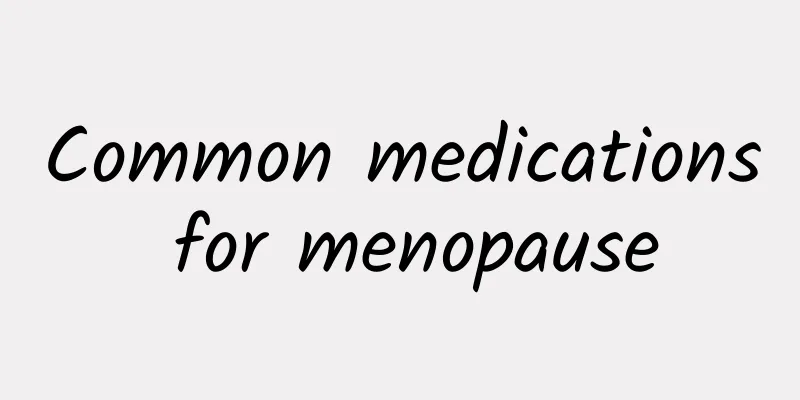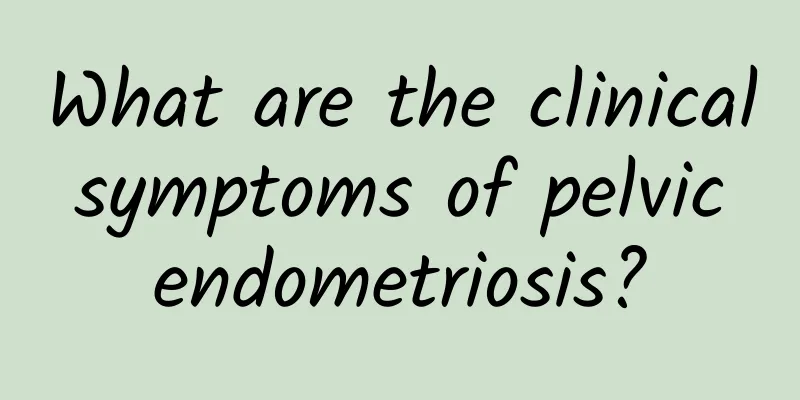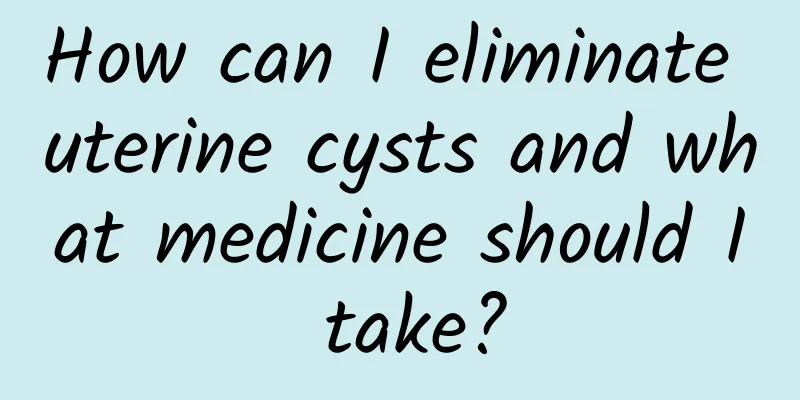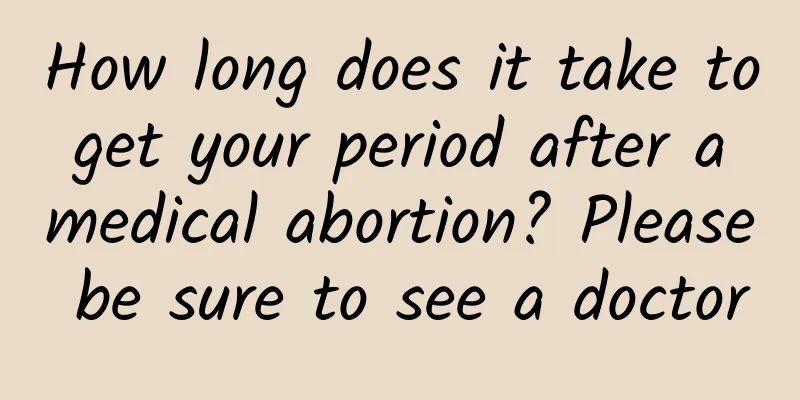Common medications for menopause

|
Menopause is a natural process that all women have to go through. At the same time, the appearance of menopause also means that women have reached a certain age and the speed of aging has accelerated. Of course, it also brings various problems to female friends. We must pay attention to the emergence of various diseases after menopause. Here are some common drug treatments for menopause: 1. In principle, HRT (hormone replacement therapy) should be aimed at maintaining the health of the body. For example, long-term medication is required to prevent postmenopausal degenerative diseases. (1) Etiological treatment: During the reproductive period, the cyclical changes in the estrogen and progesterone in the blood of women participate in coordinating the physiological activities of the body, becoming an important factor in stabilizing the internal environment of the female body and maintaining health. After menopause, the continuous decline of estrogen and progesterone causes women's physical and mental dysfunction, and the body produces a series of degenerative lesions, resulting in poor physical health of some women. Etiological treatment is given to these health problems caused by estrogen deficiency. (2) Physiological supplementation: The purpose is to enable the organs of postmenopausal women to function physiologically as much as possible to maintain the health of the body, not to restore their endocrine conditions to the level of the ovarian cycle during the reproductive period, which is physiological supplementation. Physiological supplementation mostly advocates the use of natural estrogens, that is, the chemical structures of estrone, estradiol and estriol. The dosage is controlled at a blood E2 concentration of about 220pmol/L, or within the equivalent estrogen activity range, and should not exceed 550pmol/L. Exceeding this level may lead to an increase in side effects. Since the estrogen and progesterone in contraceptives are in large doses, highly active, and have a non-physiological chemical structure, they are not suitable for physiological supplementation in HRT. (3) During the menopausal transition period, HRT should focus on supplementing progesterone: During the menopausal transition period, the growth and development disorders of follicles gradually increase, and finally the functional follicles disappear from the ovaries. The corresponding changes in estrogen and progesterone during this period are: first, there is a relative lack of progesterone, and then there is a lack of it; the lack of estrogen changes cyclically, although there may be a transient relative excess, the total amount gradually decreases, and finally to lack, forming a relatively excessive or single unopposed estrogen stimulation for a long time. Some women may experience varying degrees of proliferative changes in the endometrium, and even malignant changes. Therefore, during this period, the main focus should be on cyclical supplementation of progesterone to adjust the menstrual cycle and prevent endometrial proliferative lesions. As estrogen gradually becomes deficient, estrogen can be supplemented at the same time. (4) HRT in the late menopause should be mainly based on estrogen supplementation: Early postmenopause ovarian follicle activity basically stops. The blood estradiol concentration drops from about 150-1500pmol/L in the reproductive period to below 80pmol/L within 1-2 years, which is lower than the basic level for maintaining the physiological functions of the body's organs. Endometrial atrophy is completed within 2-3 years after menopause, and the rate of bone loss is fastest within 1-3 years after menopause. Corresponding degenerative changes occur in various organs throughout the body. Therefore, to prevent postmenopausal degenerative lesions, timely and long-term estrogen supplementation should be used. In order to counteract the side effects of estrogen on endometrial hyperplasia, those with a uterus need to add progesterone. |
<<: How do menopausal patients use medication during treatment?
>>: What medicines should menopausal patients take?
Recommend
What medicinal wine can treat uterine fibroids? Can medicinal wine eliminate uterine fibroids?
What medicinal wine can treat uterine fibroids? C...
Eating jellyfish skin to lose weight is better with cucumber and loofah
The crisp and refreshing jellyfish skin is a type...
What should I pay attention to after uterine effusion surgery?
What should be paid attention to after the operat...
Pay attention to the causes of vulvar leukoplakia!
Vulvar leukoplakia is also one of the common gyne...
The most authoritative diet for patients with cervical precancerous lesions
As the saying goes, disease comes from the mouth,...
What should I bring to the hospital for an abortion? Can I go to the hospital directly for an abortion on the same day?
What should I bring to the hospital for an aborti...
Get rid of obesity and fatigue! 4 Anti-Inflammatory Nutrients from Bio-Bio
Inflammation is the fire of obesity! Once the bod...
How to perform painless abortion within the best time?
Many people want to know the best time for painle...
What is the best treatment for ectopic pregnancy? There are many methods
The treatment of ectopic pregnancy needs to be ba...
How is habitual abortion staged?
There are four types of habitual abortion: early ...
Common knowledge about uterine fibroid prevention that you should know in daily life
Uterine fibroids are a common benign tumor of the...
Things to note when treating pelvic inflammatory disease
I believe everyone is familiar with pelvic inflam...
Do you know how to treat ovarian cysts?
What are the treatments for ovarian cysts? Do you...
What harm does cervicitis do to the human body?
Cervicitis is one of the common gynecological dis...
Can I take laxatives after a miscarriage?
Can I take laxatives after a miscarriage? 1. Abor...









